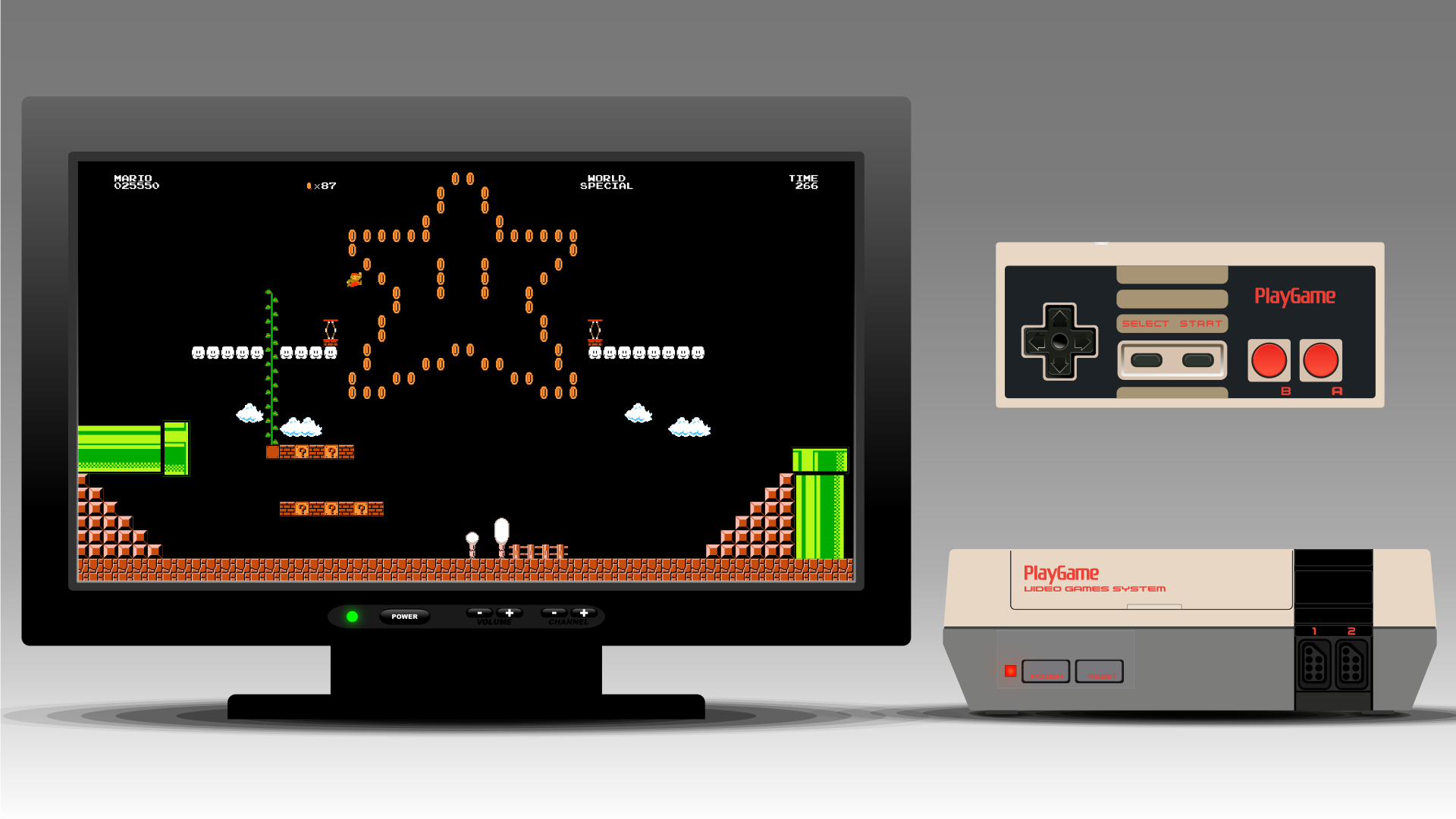Building a Retro Gaming Console Using Raspberry Pi


Choosing the Right Raspberry Pi Model
There are several Raspberry Pi models available, but the Raspberry Pi 3, 3B+, and 4 are the most suitable for building a retro gaming console. These models have enough processing power to emulate various gaming systems and have built-in Wi-Fi and Bluetooth capabilities. When choosing a Raspberry Pi model, consider factors such as the number of USB ports, the amount of RAM, and the performance of the GPU.
Required Components
In addition to a Raspberry Pi, you’ll need the following components to build your retro gaming console:
- MicroSD card (at least 16 GB) with a card reader
- Power supply (5V 2.5A for Raspberry Pi 3, 5V 3A for Raspberry Pi 4)
- HDMI cable
- USB controller(s) or Bluetooth controller(s) compatible with the Raspberry Pi
- A case to house the Raspberry Pi (optional)
Downloading and Installing RetroPie
To set up your retro gaming console, you’ll need to download the RetroPie software, which includes a variety of emulators for different gaming systems. Visit the official RetroPie website (download) and download the appropriate version for your Raspberry Pi model. Use a program like Etcher or Win32DiskImager to write the RetroPie image to your MicroSD card. Once the image has been written, insert the MicroSD card into your Raspberry Pi and power it on.
Connecting Controllers and Accessories
RetroPie supports a wide range of USB and Bluetooth controllers. To connect a USB controller, simply plug it into one of the available USB ports on the Raspberry Pi. For Bluetooth controllers, you’ll need to pair them using the built-in Bluetooth functionality. RetroPie also supports various accessories, such as light guns or arcade joysticks, which can enhance your gaming experience.
Configuring RetroPie
After the initial setup, you’ll need to configure RetroPie to your liking. This includes setting up controller mappings, adjusting video settings, and adding game ROMs. RetroPie supports several file formats for game ROMs, but it’s essential to make sure you legally own the games you want to play. It’s also worth noting that not all ROMs will work perfectly due to emulation limitations.
Installing Add-ons and Plugins
RetroPie offers various add-ons and plugins that can enhance your retro gaming console’s functionality. For example, there are plugins for scraping game covers and information, managing save states, and supporting various accessories such as light guns or arcade joysticks.
Troubleshooting Issues
During the setup and use of your Raspberry Pi retro gaming console, you may encounter some issues. Common problems include incorrect controller configurations, video display issues, or unsupported ROM file formats. In such cases, consult the official RetroPie documentation or seek help from community forums. You can also find numerous video tutorials and guides on YouTube to help you address any issues.
In conclusion, building a retro gaming console using Raspberry Pi is an exciting project that allows you to revisit the golden days of old gaming systems. With RetroPie and a bit of patience, you can assemble your console and enjoy classic games with friends and family.
Recent Posts
How to Manage an Online Community: Best Practices for Success
In today's digital age, online communities have become a pivotal aspect of brand building, marketing, and fostering user engagement. Proper…
The Future Smart Home: Automation, Energy Efficiency & Next-gen Technologies
Automation, Energy Efficiency, and Cutting-edge Technologies in Domestic Management. 1. Introduction In today's world, technology continues to become more integrated…
Building an Online Community: A Step-by-Step Guide
In today's digital age, online communities have become hubs for knowledge exchange, shared interests, and camaraderie. If you're thinking of…
Blockchain’s Revolution in Real Estate: Ushering in Transparency
Blockchain, originally known as the backbone technology of cryptocurrencies, holds potential far beyond the financial sector. One such area where…
Leveraging Graph Databases for Complex Data Structure Analysis: An Overview of Benefits and Application Methods
The contemporary data landscape is ever-expanding and becoming more intricate, and conventional analysis tools and methods often fall short in…
Leveraging Quantum Computers in Scientific Research: A Revolution in the World of Science
The emergence of the first working prototypes of quantum computers signaled a new era of scientific exploration. With a fundamentally…